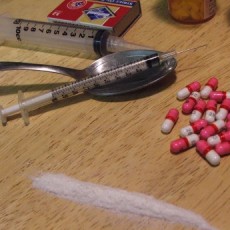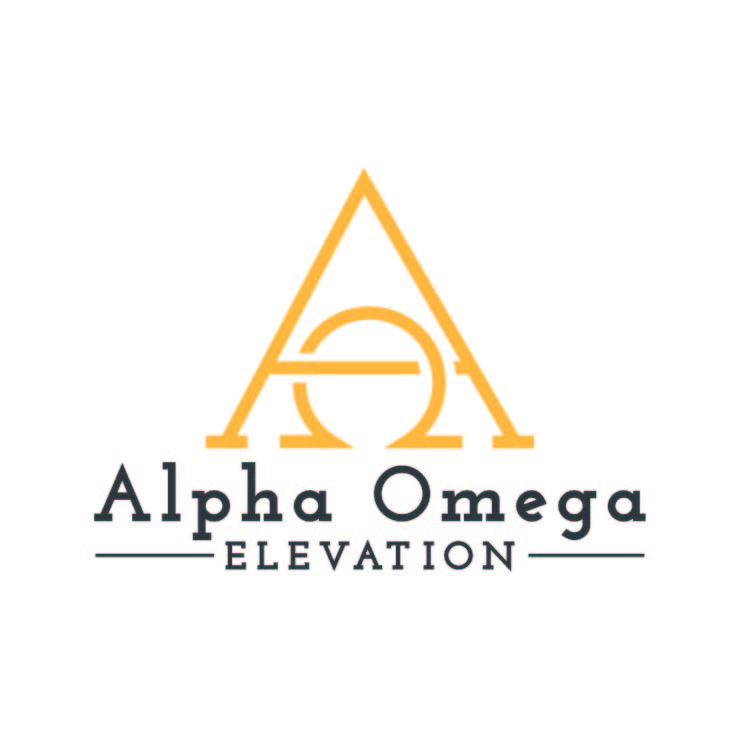Opiate Addiction
With the advancement in addiction science, along with a better understanding of what causes addiction and long term drug dependency, researchers, doctors, and drug therapists have developed a number of different treatment programs that are effective in treating opiate addictions. Because opiates are powerful pain relieving drugs, persistent and prolonged use can lead to long-term addiction and dependence. In addition, opiates such as heroin, morphine and oxycontin are some of the most addictive drugs man has ever created, and are some of the hardest addictions to overcome. But with the right treatment and counseling, along with strong vigilance and determination, many even long term opiate addicts were able to quit using entirely and live a long life void of drugs.
Opiate Detox Programs
Since opiate addiction and dependency is a physical disease, it can only be overcome by utilizing the correct medical techniques. And one of these techniques are opiate detox programs. Detoxification programs usually take place at drug rehab facilities and are designed to help patients rid themselves of all opiate substances from the body.
Detoxification programs are often paired with counseling sessions and therapies, such as behavioral, social and psychological health counseling, to successfully address all the issues pertaining to opiate addiction. All detox programs usually begin with a patient evaluation, and may provide substitution treatments such as Suboxone or Subutex, to aid in the detoxification process. These medications help to stabilize patients who are dealing with common mental and physical symptoms associated with opiate dependency. Suboxone can help ease painful withdrawal symptoms, making it easier for the patient to successfully undergo the rest of the treatment.
Another type of detoxification method is a rapid drug detox program, often known as the Waismann method. This program offers rapid drug detoxification within a short period of time. In this method patients will be put under local anesthesia while the physician cleanses the opiates, or other drugs, from the opiate receptors. In this method, the withdrawal symptoms will only last a few hours and when the person wakes up from anesthesia, they should no longer be dependent on opiates.
After Care Opiate Programs
 After an opiate addiction treatment process is over, many doctors will want to follow up with an after care program to ensure that the patient doesn’t relapse. During your after care treatment your doctor may prescribe you an opiate inhibitor of some sort like Naltrexone, which eliminates physical cravings for the drug while preventing patients from experiencing any narcotic effect if they were to use again. After care also involves licensed therapists that will assess each patients specific case and help come up with an individualized program to help the patient move permanently beyond their dependency.
After an opiate addiction treatment process is over, many doctors will want to follow up with an after care program to ensure that the patient doesn’t relapse. During your after care treatment your doctor may prescribe you an opiate inhibitor of some sort like Naltrexone, which eliminates physical cravings for the drug while preventing patients from experiencing any narcotic effect if they were to use again. After care also involves licensed therapists that will assess each patients specific case and help come up with an individualized program to help the patient move permanently beyond their dependency.
Other After-Care programs include sober living and N.A. meetings. (Narcotics Anonymous) These programs provide the proper support patients need to get through this difficult time. Sober living are alcohol and drug free houses that play an important role in supporting treatment and recovery from drug addiction. Sober living helps individuals to maintain drug free lifestyles by establishing a living environment that promotes sobriety and recovery.
Sober living environments provide recovering addicts the support of being surrounded by others who have shared the common experience of addiction and know what it takes to live a drug free lifestyle. Sober living and Narcotics Anonymous programs are excellent after care treatments and has helped countless of recovering opiate addicts to find the support and strength they need to maintain sobriety and achieve lifelong recovery.





